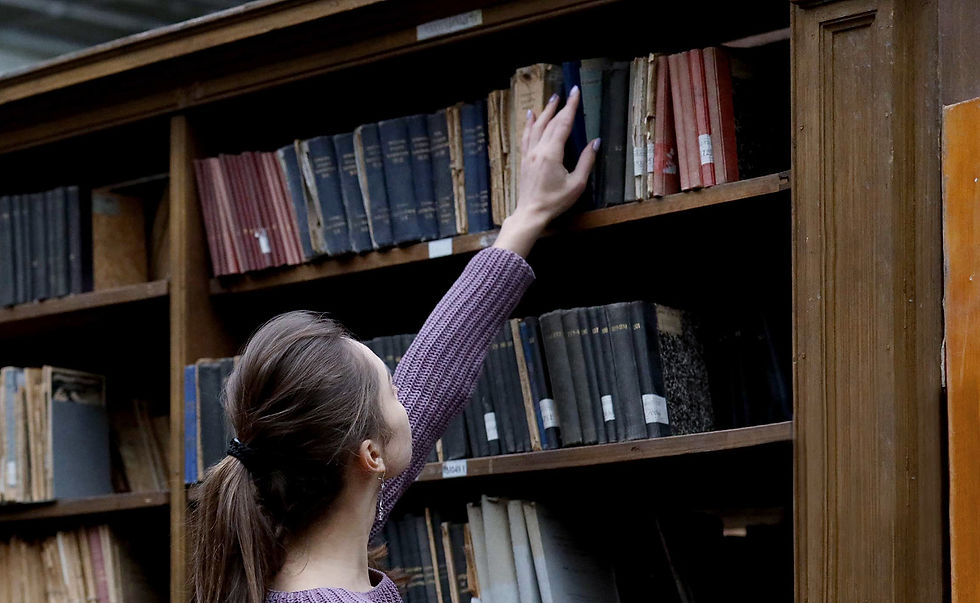How to Respond to Beta Reader Critiques (correctly)
- Hailey Willis
- Dec 22, 2023
- 3 min read

Your book is finally ready to be exposed to the world. You send it to several people, beta readers, and anticipate their response.
"The research was wrong."
"I didn't understand this."
"The stakes weren't high enough."
"The physic distance was too far."
"I didn't feel the characters."
How could it get any worse? You've poured your whole heart into this project, only to have comments like these thrown in your face. Sure, the readers pointed out some amazing things with your book, but they don't balance the scales. Your failures stare you down. Sound familiar?
This past month or two, I have finally put my first book out there for beta reads, and I've received some hefty feedback. Everyone has had a say into what I did right, what I could have gotten better. As writers, we hold our books close to our hearts, especially our firstborn. It hurts when they're criticized, because we are the ones being criticized.
In facing beta reading feedback, I have learned how I should and shouldn't react to this, and how you can use feedback to make or break you.
How Not to Respond
You read their reviews. It hurts. You close up and never share your work again. You take their feedback and use it to fuel your inner voice that said, "You're not enough". Writing either becomes something you do in secret, or it shuts down completely.
One positive note to this response: if you quit writing because of a little negative feedback, you probably weren't meant to be a writer in the first place. What I mean is, why are you writing? If you're doing it just to be famous or because you think it's cool, you're not really a writer at heart. Negative feedback will push you down. But if you write because you HAVE to, because something inside of you drives you, calls you, to do it, a little negative feedback can knock you down, but you'll get right back up again. It's all in the perseverance.
We will all face negative feedback. There's no way to get around it. But what you do with it is what matters.
How to Respond
Ouch. That hurt. Okay, I can see it now. Maybe that part did need a little more work.
That's the right way to respond. These people are giving you this critique because they care. They've been where you're at, and want to help you in your writing. Remember how teachers graded your papers when you were in school? Or how they still do? You get better grades the next time because you read their reasons for giving that low grade, and apply them.
Same with beta reads. These people see the book from the reader's perspective, ignorant of all you can see as the writer. The hardest job for a writer is to communicate all the stuff in your head to the reader in a clear way.
I know critiques can be hard, especially if you're new to it, but it's been really great for me. For example, one feedback I received said my physic distance was pretty far from the characters. I scratched my head and wondered, what is physic distance? So I looked it up and watched a couple YouTube videos. Boy, did I learn a lot! Same with showing things instead of telling. I have learned so much that has helped my writing already!
Conclusion
If used properly, Beta reads can be a very powerful tool. It shows your weaknesses and gives you a chance to learn something you didn't know before. Don't get down and beat yourself up because you weren't good enough. Embrace your mistakes and use them to grow you as a writer! You will never know what you missed until someone points it out. So give it a try. Find an online community like Jericho Writers, or send your manuscript out to a friend or two. See what you can learn from their feedback.
Let me know what you think about Beta reads. What have you learned from them? Have you ever gotten your book peer reviewed?
And, as always, happy writing!


